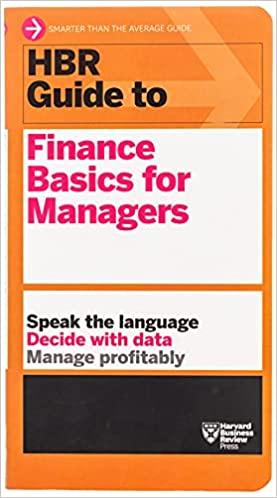Question
Stock splits and stock dividends are empty gestures from an intrinsic value standpoint because they change none of the fundamentals of a company. The value
Stock splits and stock dividends are empty gestures from an intrinsic value standpoint because they change none of the fundamentals of a company. The value of a business rests on its capacity to generate high returns (and cash flows) from existing investments, its potential for value creating growth and the risk in its operations. Splitting your stock (or its milder version, stock dividends) change the number of units in the company without affecting value. Thus, in a two for one stock split, you, as a stockholder, will end up with twice the number of shares, each trading at half the intrinsic value per share that they used to. Google started with an impressive earnings report (earnings growth of 60% and revenue growth of 24%) and ended with an announcement that they would be splitting their stock, with a twist. There are two areas where stock splits or dividends can affect prices, either positively or negatively. (A) By altering the price level, a stock split can affect trading dynamics and costs, and alter your stockholder composition. The splits are good argument goes as follows: when a stock trades at a high price (say $800/share), small investors cannot trade the stock easily and your investor base becomes increasingly institutional. By splitting the stock (say ten for one), you reduce the price per share to $80/share and allow more individuals to buy the stock, thus expanding your stockholder base and perhaps increasing trading volume and liquidity. The splits are bad argument is based upon transactions costs, with the bid-ask spread incorporated in these costs. At lower stock price levels, the total transactions costs may increase as a percent of the price. The effect has been examined extensively and there is some evidence, albeit contested, that the net effect of splits on liquidity is small but positive. The Google split: since the split is a two for one split at a $650 stock price, there is not much ammunition for either side of the price level argument. At $325/share, Google will remain too expensive for some retail investors and the transactions costs and trading volume are unlikely to change much. As one of the largest market cap companies in the market, I don't think liquidity is the biggest problem facing Google stockholders
Step by Step Solution
There are 3 Steps involved in it
Step: 1

Get Instant Access to Expert-Tailored Solutions
See step-by-step solutions with expert insights and AI powered tools for academic success
Step: 2

Step: 3

Ace Your Homework with AI
Get the answers you need in no time with our AI-driven, step-by-step assistance
Get Started


